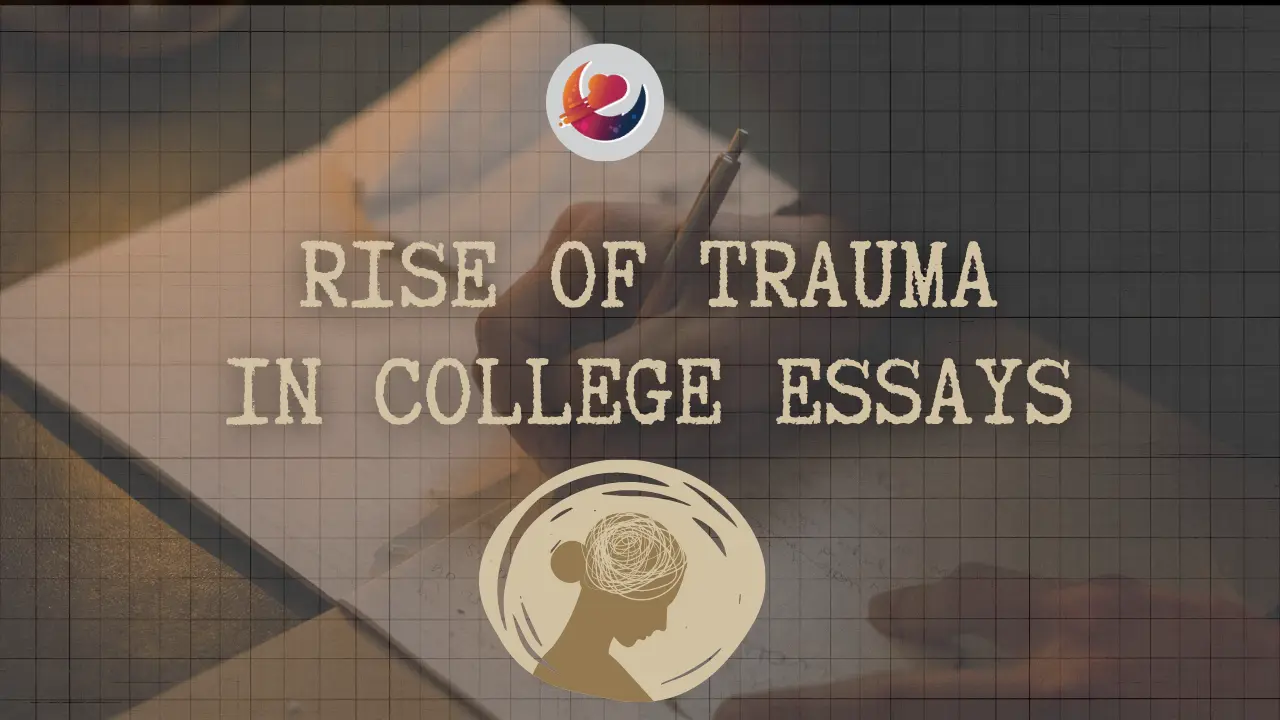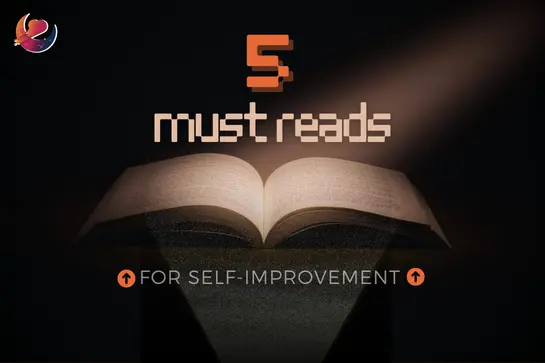By Varsha Ravivenkatesh | 24th May, 2023
Trauma essays are widespread today, with many students applying to colleges using similar formats. But, what are the hidden costs of these essays?

The Rise Of Trauma Based College Essays
So, suppose you’re in high school hoping to study in USA or Canada and have researched endless ways to get into your dream school. In that case, you’ve definitely watched or read at least one essay along the lines of “I lost my blank, and it affected me deeply, but I channelled it into bettering myself by immersing myself in extracurriculars, and now I’ve become the bold person who’s standing here right now” that got them into their dream school. This is the classic trauma essay and is written by a large share of applicants.
Why They’re Widespread:
These essays can show an admissions officer that you are resilient and bold in times of adversity, showing them that you will thrive in challenging situations and emerge as a more developed individual. It also demonstrates how that particular student might respond to traumatic situations, which shows admissions officers that the student has a higher chance of succeeding at their college. It can also give an insight into what activities the student participated in, to escape a slump or adversity.
Why Are Trauma Essays Harmful?
By asking students to write about their trauma, it asks them to unlock a harrowing memory and use their trauma as a marketing tool to give them an edge over other applicants for an acceptance letter. Also, it perpetuates the idea that whatever trauma you have should be resolved by the end of high school, and you should have accomplished something because of it. For example, if you were bullied a lot, the end of your essay usually ends with I took all the negativity and channelled it into bettering myself in terms of academics. However, most trauma takes years to heal from and usually doesn’t get resolved by the end of high school.
The desperation of students to get into their dream college by writing a trauma essay is so much that one student wrote about how his mom’s death affected him and then made him immerse himself in extracurriculars. This essay moved an admissions officer, and when the college called his house to verify a few details, his mom answered. The student had faked her death so that he would have a better chance of getting into college. Many guidance counsellors encourage students to write about their trauma to better their chances. This is also problematic as not all students have had trauma or something painful to write about, and their applications are often overlooked. Many admissions officers even say they prefer reading trauma essays as it shows how a student has grown. But is it worth reliving all that trauma again just to get into a good college? And is it fair for other students who wrote about things that genuinely piqued their interest?
So, What Is The Solution?
College prompts should change and be more about knowing the person than their traumas. Admissions officers should also be educated more on trauma to evaluate everyone’s essays fairly. Guidance counsellors should also stop pushing their students to write about their trauma and instead focus on topics that mean a lot to each student to show who they are to the college. Students should also rethink what they chose to write about and how it might affect them later. Above all, a system should be created where no matter what the student writes about, whether it be winning a competition or simply a favourite hobby, it should be judged on the quality of the essay and not simply put one applicant over the other based on the story.
Thumbnail Design by Mudit Jha






Forgot password?
Close message
Subscribe to this blog post's comments through...
Subscribe via email
SubscribeComments
Post a new comment
Comment as a Guest, or login:
Connected as (Logout)
Not displayed publicly.
Comments by IntenseDebate
Reply as a Guest, or login:
Connected as (Logout)
Not displayed publicly.